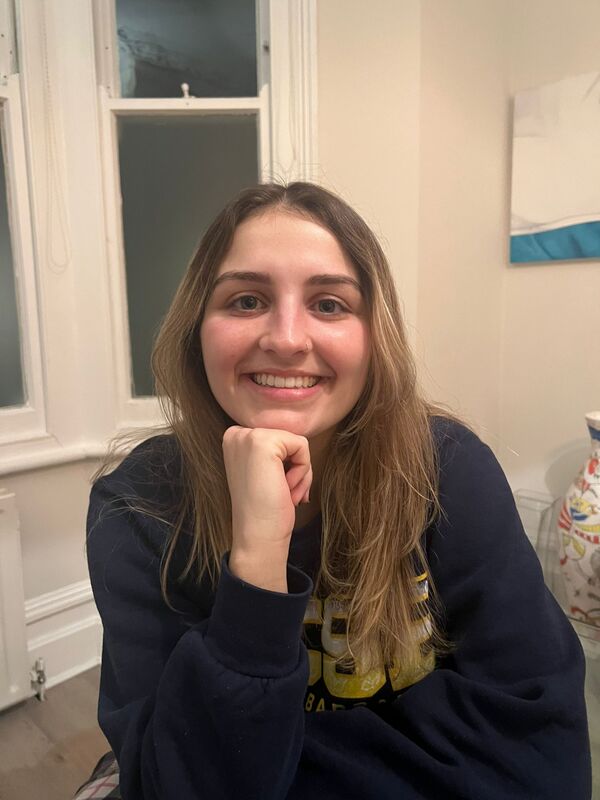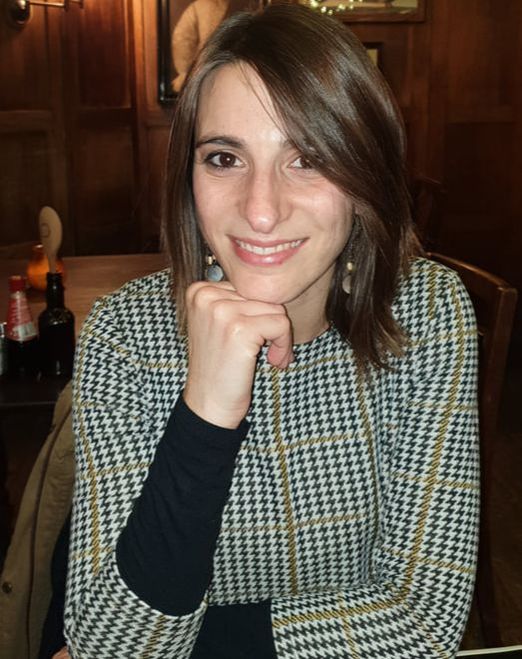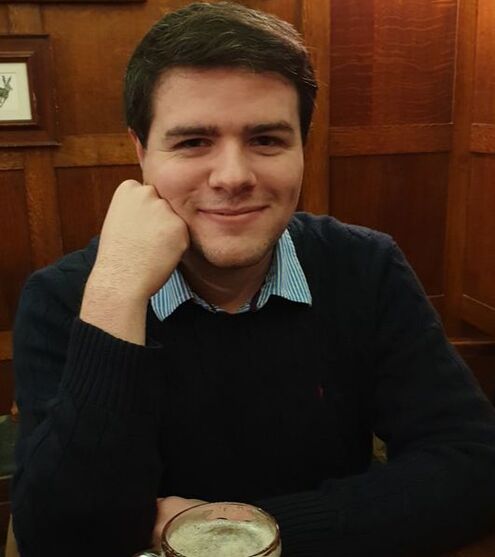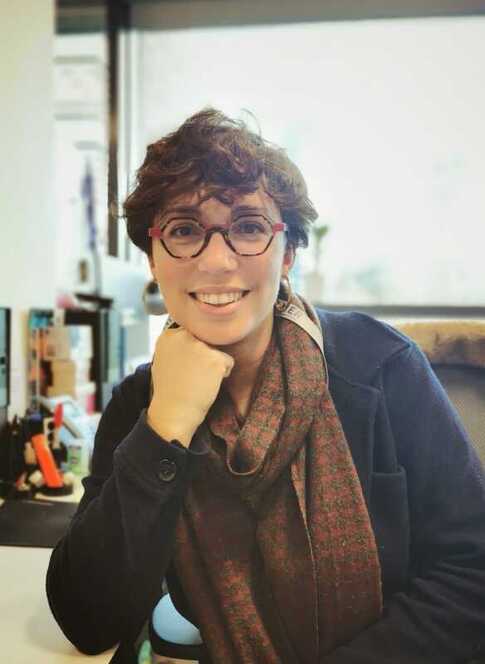Manav Pathania
|
PI
Manav received a BA in Biology from Grinnell College, in Iowa, and received his PhD in Cell Biology from Yale University, in Connecticut. At Yale he investigated microRNA control of postnatal neural stem cell differentiation and survival in Professor Angelique Bordey’s lab. His first postdoctoral appointment was in Professor Josef Kittler’s lab at UCL in London, where he explored the neurobiological consequences of autism and schizophrenia candidate gene misexpression in vitro and in vivo. Following that, in his second postdoctoral appointment Manav developed in vivo models of paediatric high-grade glioma in Professor Paolo Salomoni’s lab at the UCL Cancer Institute. He then set up his independent group at the University of Cambridge where his team focuses on identifying novel targeted therapy approaches for paediatric gliomas and interrogating the role of the tumour microenvironment. Fun fact: Manav has lived in India, Hong Kong, South Africa, Malaysia, Singapore and the United States, before settling in the UK. |
Carmo Cunha
|
Research Assistant
Carmo received a BSc in Biological Sciences from Imperial College London, where she wrote her dissertation on NK cell immunotherapy for ovarian cancer under the supervision of Professor Hugh Brady. She then completed an MSc in Cancer at the Anthony Nolan Research Institute at UCL, where with Dr Diana Hernandez she investigated KIR haplotypes and their functional properties in umbilical cord blood-derived NK cells. In the Pathania Lab, Carmo is investigating the role of partnering mutations and microenvironmental interactions in paediatric high-grade gliomas. |
Antonella De Cola
Amelia Foss
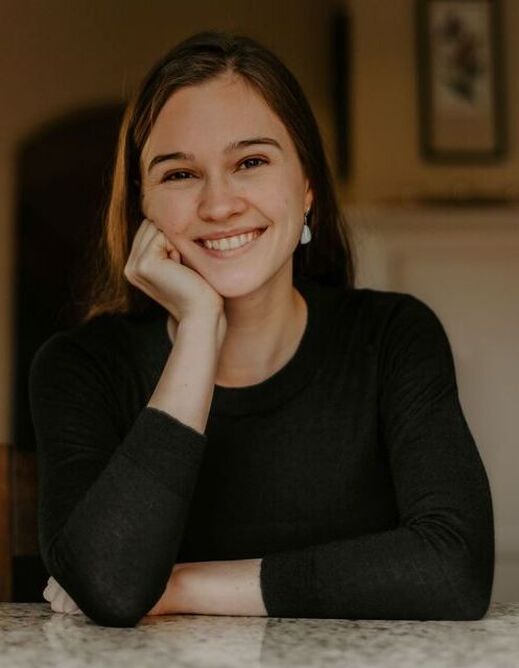
PhD student
Amelia is a PhD candidate in Oncology with the NIH-OxCam Program between the University of Cambridge (adv. Dr. Manav Pathania) and the US National Institutes of Health (adv. Dr. Kandice Tanner and Dr. Michael Gottesman, NCI). In her PhD, she is combining cell biology, in vivo modelling, and biophysics techniques to investigate progression of high-grade gliomas. Amelia received her BA in Molecular Biology from Princeton University, studying RNA modification with Dr. Elizabeth Gavis. She was then awarded a Fulbright fellowship to research kidney disease at Semmelweis Medical University. She received her MSc through the Erasmus Mundus Joint Master Degree program, studying between Heidelberg University and Uppsala University. At Heidelberg University, with Dr. Jonathan Sleeman, she investigated the role of senescence in metastatic melanoma, and at Uppsala University, in the lab of Dr. Anna Dimberg, Amelia studied vascular co-option in glioblastoma. At the NCI, she investigates mechanical properties of glioblastoma cells, and their molecular and mechanical interaction with the tumour microenvironment. In the Pathania Lab, Amelia is investigating genetic and epigenetic heterogeneity and the role of co-occurring mutations in invasion and stromal co-option in DIPG.
Amelia is a PhD candidate in Oncology with the NIH-OxCam Program between the University of Cambridge (adv. Dr. Manav Pathania) and the US National Institutes of Health (adv. Dr. Kandice Tanner and Dr. Michael Gottesman, NCI). In her PhD, she is combining cell biology, in vivo modelling, and biophysics techniques to investigate progression of high-grade gliomas. Amelia received her BA in Molecular Biology from Princeton University, studying RNA modification with Dr. Elizabeth Gavis. She was then awarded a Fulbright fellowship to research kidney disease at Semmelweis Medical University. She received her MSc through the Erasmus Mundus Joint Master Degree program, studying between Heidelberg University and Uppsala University. At Heidelberg University, with Dr. Jonathan Sleeman, she investigated the role of senescence in metastatic melanoma, and at Uppsala University, in the lab of Dr. Anna Dimberg, Amelia studied vascular co-option in glioblastoma. At the NCI, she investigates mechanical properties of glioblastoma cells, and their molecular and mechanical interaction with the tumour microenvironment. In the Pathania Lab, Amelia is investigating genetic and epigenetic heterogeneity and the role of co-occurring mutations in invasion and stromal co-option in DIPG.
Michael McNicholas
|
PhD Student (formerly Research Assistant)
Michael has recently graduated with a BSc from the University of Surrey where he carried out a wide variety of projects as part of a research-intensive undergraduate degree in Biochemistry. These included studying the DNA damage response in cancer cell lines with Lisiane Meira at Surrey, and the role of the opioid system and G-protein coupled receptors in addiction and associative learning in Brigitte Kieffer's lab at McGill. His undergraduate research has contributed to two publications with two more in preparation. In the Pathania Lab he will be working on understanding how histone mutations rewire the epigenome to induce DIPGs and the role of different co-occurring mutations in this process. |
Lucie Pepino
|
Postdoc
Lucie received her MSc and PhD degrees in Neuroscience from the University of Aix-Marseille (France). Her PhD project addressed sex-linked differences in an inflammatory pain model in Dr. Aziz Moqrich’s lab (advised by Dr. Ana Reynders). Her project was designed to explore differences in pain perception at various levels of analysis, including global behaviour, hormone contribution, and spinal gene expression, in response to inflammatory-evoked pain. By further exploring one of the top upregulated genes in males, she identified a male-female difference in neutrophil recruitment to the spinal meninges, and more specifically to the pia mater. In the Pathania lab, Lucie will investigate how partner mutations in H3K27M and H3.3G34R gliomas modify interactions between brain tumour cells and their microenvironment (blood vessels, microglia, neurons, astrocytes and infiltrating immune cells). |
Vello
Alumni
Kyle McGeehan
MPhil Student - Gates Cambridge Fellow
Pursuing an MD/PhD at Washington University in St. Louis
Cameron Lloyd
Research Assistant
CoSyne Therapeutics
MPhil Student - Gates Cambridge Fellow
Pursuing an MD/PhD at Washington University in St. Louis
Cameron Lloyd
Research Assistant
CoSyne Therapeutics

